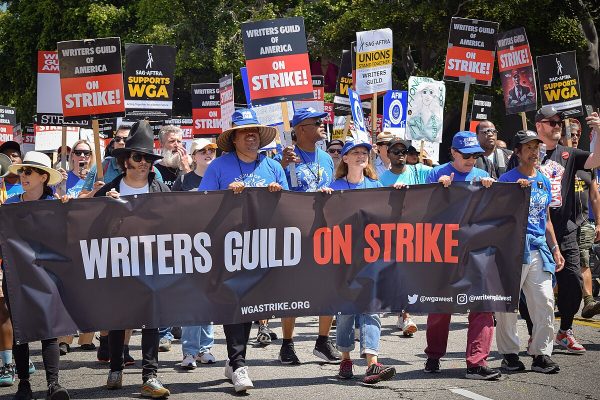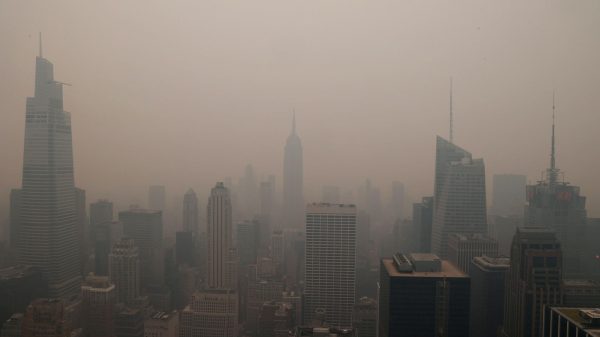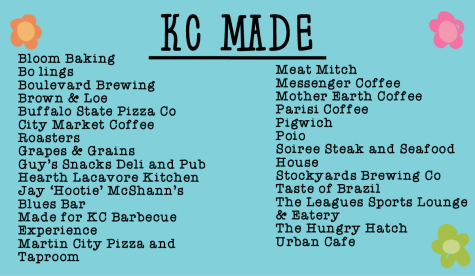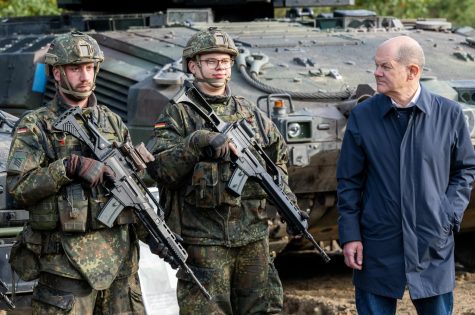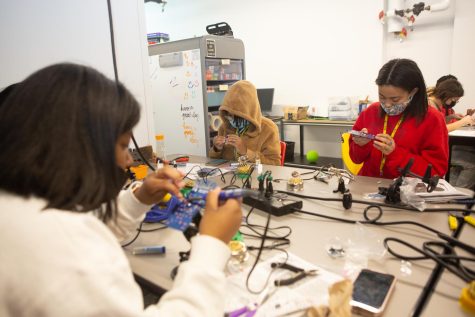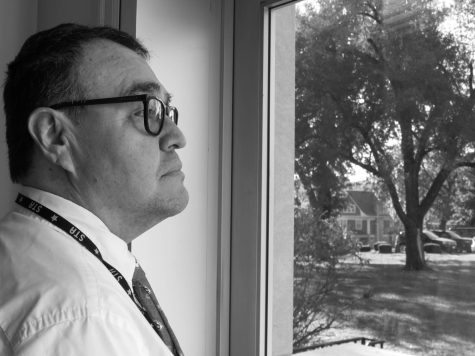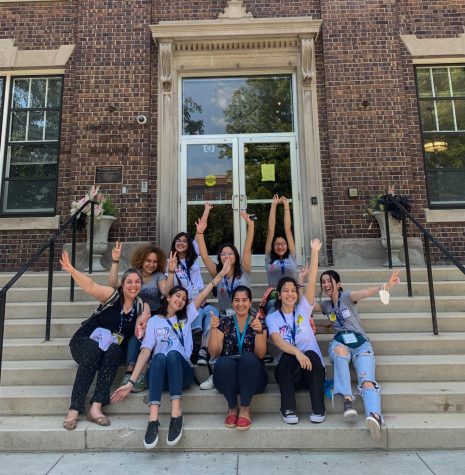Top 12 of 2014
The Dart described the top 12 news events of 2014.
January 2, 2015
by Libby Hyde
Jan. 17
After careful consideration, President Barack Obama announced reform to the NSA (National Surveillance Agency) after controversy considering their means of surveillance of US Citizens. Obama acknowledged that though he believed these activities were illegal they may have the power to compromise civil liberties. Some of the terms of reform included a necessary court order before an analyst can access phone data, and an eventual end to government collection of mass metadata.
Feb. 17
The United Nations (UN) Human Rights Council released a report concerning human rights violations in North Korea. In the report, the Human Rights Council compared the deplorable living conditions of the impoverished in North Korea. The report also graphically outlined the conditions of political prisoners in North Korea, which could number anywhere between 80,000 and 12,000.
March 16
Crimea voted to secede from Ukraine when nearly 97% of voters supported this. The Crimean Parliament declared the region independent and formally sought annexation by Russia. When the UN did not recognize Crimea as an independent country because the referendum “had no validity”. These issues fueled much tension in the area.
April 2
The Supreme Court rejects caps set on the total amount individuals can donate to federal campaigns and political campaigns under the argument that the limits violate free speech protections. This was a major blow to those who loby for campaign-finance reform.
May 19-20
Two more states legalized same-sex marriage. Oregon legalized this when a federal district judge ruled that the state’s constitutional amendment that had previously banned same-sex marriage violated the Equal Protection clause in the US Constitution. This clause asserts that a state must treat individuals in the same manner when they are in similar conditions and circumstances. Pennsylvania also joined as the 18th state to legalize gay marriage. Before this, Pennsylvania had not recognized domestic partnerships or civil unions.
June 30
A pro-democracy group in Hong Kong called Occupy Central held an unofficial referendum to discern how the officials would be elected for the city in 2017. Considering that Hong Kong is part of China but they enjoy separate liberties than many people in China under the “one country, two systems” terms, about 90% of voters endorsed giving citizens a direct say in the election. Weeks of pro-democracy protests followed the referendum, which became coined by the name, “The umbrella revolution”
July 1
Formerly known as ISIS, the Islamic State declared territory in Iraq under their control. Iraqui forces, with the guidance of US military advisers, began developing ways to continue control of Baghdad and the surrounding areas in order to protect against Islamic State control.
August
The Ebola outbreak continued to spread throughout West Africa and other parts of the continent. By the end of the summer, the outbreak had become the single largest and deadliest Ebola outbreak in history.
Sept. 18
After some Scottish people desire independence from the UK, Scottish voters opt, by a close margin of 10%, to remain a part of the UK. The reason many wanted to create their own sovereign state because they feel underrepresented in the UK because the UK parliament at Westminster have the right to exercie power over Scotland concerning constitution, political parties, and trade.
Oct. 8
The first person to be diagnosed with Ebola in the United States, Thomas Eric Duncan, died from the disease. The CDC reported that Duncan had recently arrived to Texas from Liberia. As the number of deaths due to the virus in West Africa continued to climb, hysteria boils in the United States about the illness.
Nov. 4
Republicans took back the majority control over the Senate for the first time since 2006 while also maintaining control and even adding seats to their majority in the House. States such as Maryland, Massachusetts and Illinois all voted for governor when more often then not those states vote in support of the Democratic party.
Dec. 4
After Staten Island grand jury decided not to indict Daniel Pantaleo in the death of Eric Garner, protest continue to rage throughout the country. The coined term of the protests is “I can’t breathe,” Garner’s last words before he was placed in a choke-hold and died of asphyxiation.



